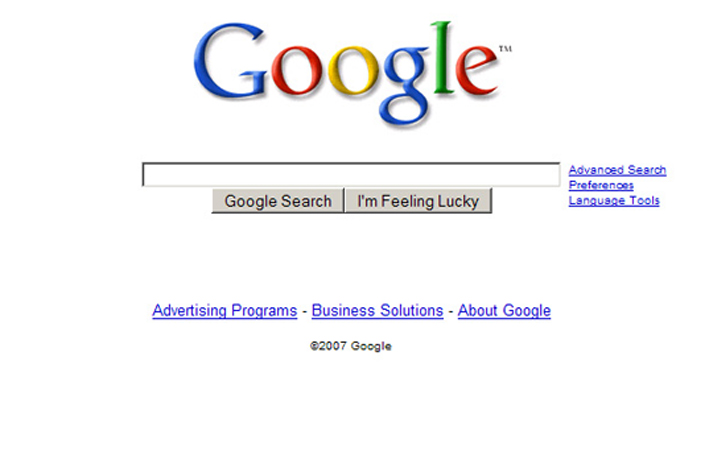Google GDrive rumours resurface
It doesn't even exist yet, but Google's cloud computing for the masses is already angering people.


Rumours have resurfaced that Google is set to launch its so-called GDrive this year.
The GDrive is assumed to be an online storage service, bringing together Google's existing photo and document offerings and letting users access files from any computer over an internet connection.
Just as it sounds, it would be your very own drive, held by Google. It's hardly a groundbreaking idea; Microsoft already offers its Skydrive.
But rumours are also suggesting the GDrive could be more, offering not just storage but a fully-functioning web-based PC offering cloud computing for the masses, in the consumer-friendly way that Google has mastered. Paired with the rumoured Google operating system, this could be the Microsoft killer many have hoped for.
Google has refused to comment on the idea of the GDrive, let alone when it might be released, instead sending out the same pre-written statement promising that cloud computing is going mainstream.
"The applications people use every day, such as email, photo sharing, and word processing, are moving to the web because it's easier to share and access your data from anywhere when it's online, in one place," the statement said.
"We're always listening to our users and looking for ways to update and improve our web applications, including sharing and access options, but we don't have anything new to announce right now," the statement added.
Sign up today and you will receive a free copy of our Future Focus 2025 report - the leading guidance on AI, cybersecurity and other IT challenges as per 700+ senior executives
Much of the current rumours are based on Google's code and sightings in applications. According to one blog, CSS files show a "GDrive" class, while there's a name in a dropdown menu in Google's photo app Picasa that references a Google web drive.
Despite Google refusing to admit it even exists, the GDrive is already angering privacy lobbyists. Peter Brown, the executive director of the Free Software Foundation, told newspapers that it might not be worth trading privacy for convenience: "It's a little bit like saying, 'we're in a dictatorship, the trains are running on time.' "But does it matter to you that someone can see everything on your computer? Does it matter that Google can be subpoenaed at any time to hand over all your data to the American government?"
Freelance journalist Nicole Kobie first started writing for ITPro in 2007, with bylines in New Scientist, Wired, PC Pro and many more.
Nicole the author of a book about the history of technology, The Long History of the Future.
-
 Trump's AI executive order could leave US in a 'regulatory vacuum'
Trump's AI executive order could leave US in a 'regulatory vacuum'News Citing a "patchwork of 50 different regulatory regimes" and "ideological bias", President Trump wants rules to be set at a federal level
-
 TPUs: Google's home advantage
TPUs: Google's home advantageITPro Podcast How does TPU v7 stack up against Nvidia's latest chips – and can Google scale AI using only its own supply?
